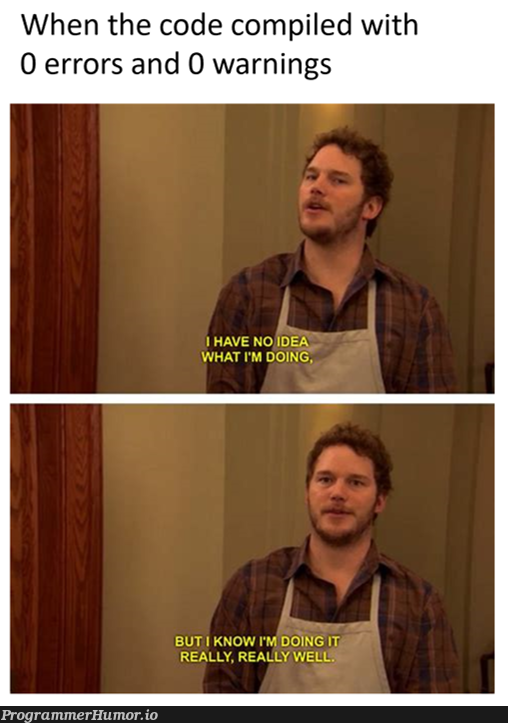maximum sum combination
This problem was a real real pain, from the logic right to the debugging part. I really missed the idea of using heapq because maybe I was thinking of comparing the values manually but I should have known that it wouldn't work cause was too complicated.
But after all I thought of using the heapq and realised that it will work... everything is fine until I used a LIST to check that I don't consider the combinations twice, but the biggest problem with lists is that they offer O(n) for 'in' and 'not in' operators, I didn't even know this ;( and it took me like 24 minutes bcz the code was obviously not out of bound in terms of the time complexity but there was a TLE, I could only pass 1010 cases somewhat.
Then the 'sets' came in into play, I got to know that sets use 'Hash Tables' under the hood, and this is really amazing cause they offer O(1) for almost all the operations which was all I needed.
Finally, the code worked!
Exactly ;)Also if I were using C++ for this I would have had to use Priority Queues, but I didn't go for that cause that's just too much unnecessary code.
The logic is quite tricky but I think the comments should alleviate that...maybe.
Problem Statement:-
Given two integer array A and B of size N each.
A sum combination is made by adding one element from array A and another element of array B.
Return the maximum K valid sum combinations from all the possible sum combinations.
Note : Output array must be sorted in non-increasing order.
Example 1:
Input:
N = 2
K = 2
A [ ] = {3, 2}
B [ ] = {1, 4}
Output: {7, 6}
Explanation:
7 -> (A : 3) + (B : 4)
6 -> (A : 2) + (B : 4)Example 2:
Input:
N = 4
K = 3
A [ ] = {1, 4, 2, 3}
B [ ] = {2, 5, 1, 6}
Output: {10, 9, 9}
Explanation:
10 -> (A : 4) + (B : 6)
9 -> (A : 4) + (B : 5)
9 -> (A : 3) + (B : 6)Your Task:
You don't need to read input or print anything. Your task is to complete the function maxCombinations() which takes the interger N,integer K and two integer arrays A [ ] and B [ ] as parameters and returns the maximum K valid distinct sum combinations .
Expected Time Complexity: O(Nlog(N))
Expected Auxiliary Space: O(N)
Constraints:
1 ≤ N ≤ 105
1 ≤ K ≤ N
1 ≤ A [ i ] , B [ i ] ≤ 104
Code Implementation:-
Note: The code will give a TLE if we use done_combs as a list instead of set.
Because then the loop which runs k times gets a O(n) extra for each iteration, that makes it O(k*n)
and when k is n( which it can be in worst case scenario ) the overall complexity will become O(n^2).
And that's BAD....
fsfsf


Comments
Post a Comment